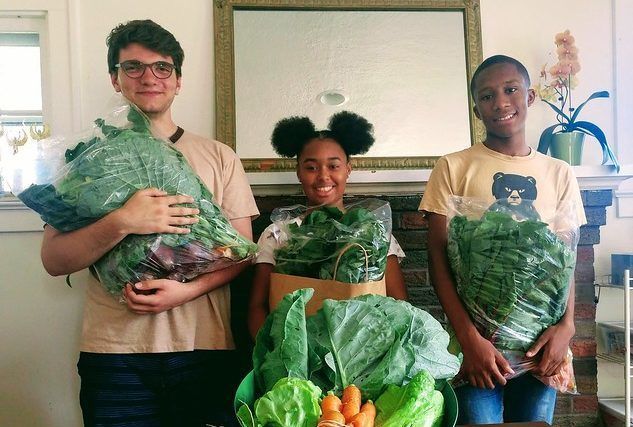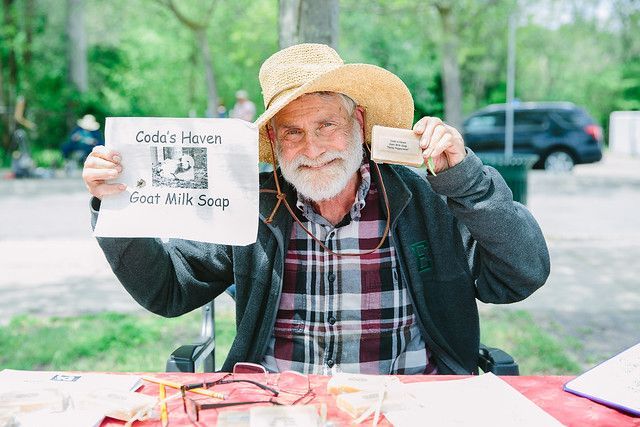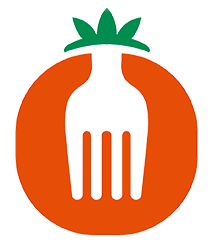Article
Staff Stories: Marceline Jones
Dear Growing Hope Community,
August 8th marked the last day of our eight-week Summer Teen Leadership Program! Over the past eight weeks, 12 Ypsilanti teens joined us as part of our farm staff for an intensive summer program of farm work and workshops on food justice, community organizing, social identity, and cooking lessons. The teens worked hard this summer caring for their Oasis Garden and the Sharing Garden, harvesting food for our CSA program and free produce cooler, and partnering with local organizations to deepen their knowledge about the Washtenaw County food system.
Last summer, the teens established The Oasis Garden, a section of the farm where they are responsible for crop planning, planting seeds, and tending from start to finish! The Oasis is identified by its colorful garden beds and welcoming energy- it is a part of the farm built for the community to visit and enjoy. This summer, the teen program took over the stewardship of the Growing Hope Sharing Garden! The Sharing Garden is the first part of the farm you see when visiting Growing Hope and it is open to the public to harvest their own food to take home. The teens worked hard to make the Sharing Garden another welcoming and inviting space by adding signs and colorful murals on the garden beds and planting abundant, easy-to-harvest crops!
The Teen Leadership Program is an integral part of Growing Hope, and we are so proud of and grateful for this incredible group of young people! This Summer, three of our teens, Marceline Jones, Cecelia Johnson, and Jackson Prevedel, graduated High School and will be moving on from the Teen Leadership Program. We are so proud of their work at Growing Hope and wish them all the best in their future endeavors! Marceline wanted to share a few words about their time in the Growing Hope Teen Leadership Program below!
Hello everyone!
My name is Marceline, and I have been in the Teen Leadership Program for two years. This fall, I plan to attend Michigan State University and major in Criminal Justice. I hope to specialize in missing person cases with the goal of giving closure to many families and friends who need answers. I know how scary it can be to have someone you love abruptly disappear. This is close to me as an Indigenous black queer person because there is a high percentage of people in minority communities who go missing every day and many cases that go unrecognized. While I am not going into agriculture, I plan to continue my passion for gardening at MSU and fight for food justice.
When I first started at Growing Hope, I was in a dark place. I was recently placed in foster care at 15 years old. I had issues with my health, and I didn’t have many friends at the time. While working on the farm, gardening and cooking became good coping strategies for my mental health. I was surprised that I could take a single seed and make it grow into something so beautiful, like a flower or a corn stalk, by having patience and love for the plant to grow tall.
In the afterschool program, I would usually come to the farm 2-3 hours early before work. I enjoyed walking around the farm, admiring the plants, and studying for school. This place became a home for me. Before I knew it, I realized that my coworkers and staff at Growing Hope had been giving me the same patience and love to grow as we would do for our seedlings. All for me to Blossom into the beautiful person I am today. If I had never joined Growing Hope, I don’t know where I would be. In the end, Growing Hope saved my life. All I needed was a push to be the leader I was meant to be and to smile for the next kid who doesn’t know where they fit in.
When Growing Hope hires each year for the Teen Leadership Program, we never truly know who the new teens are or where they come from, until we all come together to work and have discussions. As always, we just have to love them, have patience, and listen to them no matter what. I will forever be grateful to Growing Hope for believing in me, when many others didn’t.
Together, we can make a change for our community and youth!
-Marceline Jones
share this
Related Articles
Related Articles
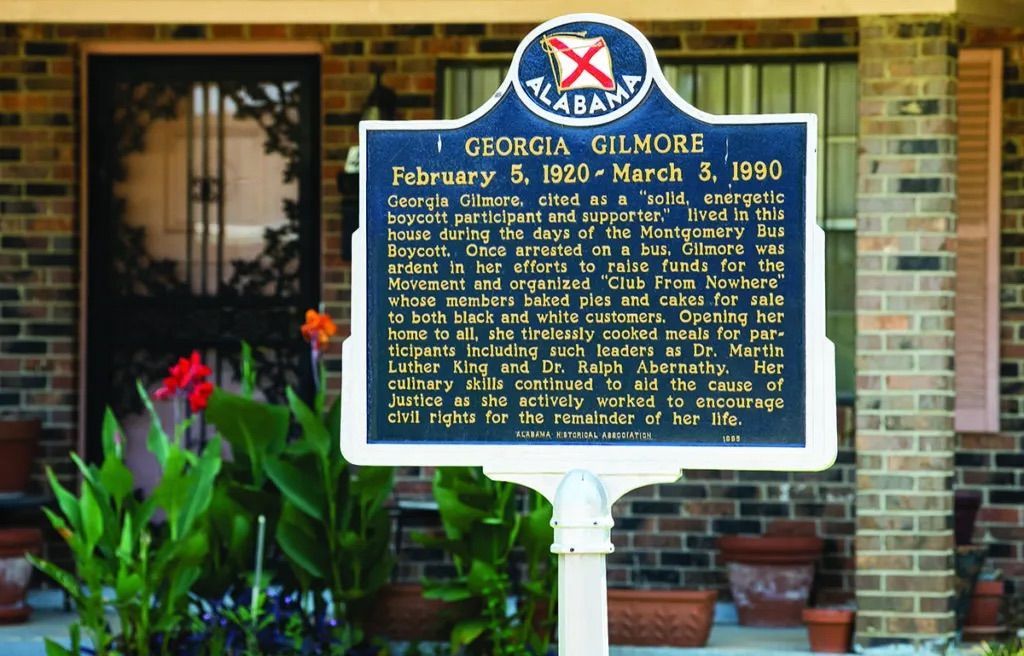

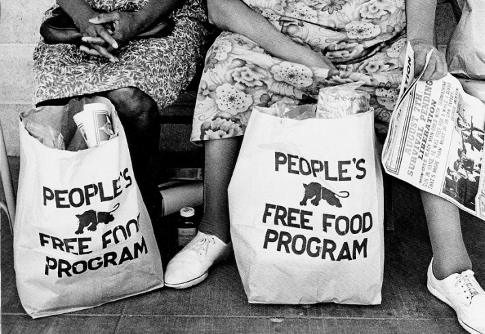
STAY UP TO DATE
GET PATH'S LATEST
Receive bi-weekly updates from the church, and get a heads up on upcoming events.
Contact Us


